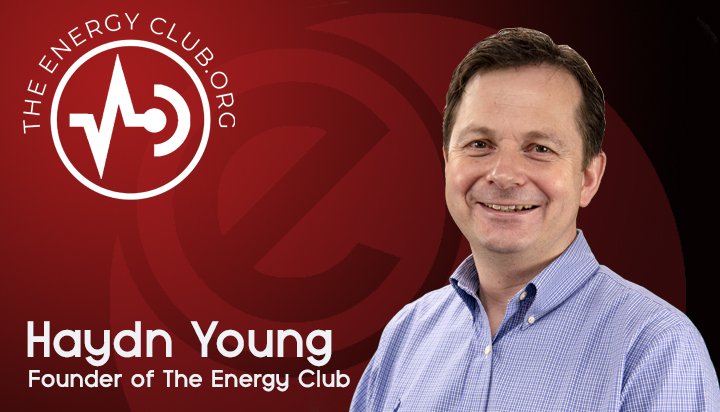Wednesday 10 July 2019
Guest Blog: Haydn Young – Time to reconsider renewables?

Happy Birthday Mr Lovelock – time to reconsider renewables?
James Lovelock, the originator of Gaia Theory, is about to reach his 100th birthday. From the 1960s, Mr Lovelock was an environmental pioneer and author of over 200 scientific papers concerning the climate change debate. What may surprise many is his parallel advocacy of nuclear power to support human survival on planet Earth.
Gaia Theory
Gaia Theory asserts that living organisms and their inorganic surroundings have evolved together as a single living system that greatly affects the chemistry and conditions of the Earth’s surface. Scientists believe this “Gaian system” self-regulates global temperature, atmospheric content, ocean salinity and other factors in an “automatic” manner.
Originally proposed by James Lovelock as the earth feedback hypothesis, it was first named the Gaia Hypothesis, then Gaia Theory,which comes after the Greek supreme goddess of Earth.
Lovelock more recently believes it is now too late to avoid significant global heating and significant climate change which will make large parts of the Earth’s surface much less hospitable for humans. He thinks the time has passed for sustainable development and that we have come to a time when developments are no longer sustainable.
He proposes that we need sustainable retreat from an impending climate storm; that we must retreat in an orderly fashion from the coming threats to our global habitat, to mitigate adverse impacts on human health and happiness.
Nuclear V Renewables
In his own words:
- “I believe nuclear power is the only source of energy that will satisfy our demands and not yet be a hazard to Gaia and sustain a conformable climate*.”
- “Renewable energy might have worked in earlier times... but to expect them to sustain our numbers today is no more than a romantic dream*.”
Whilst Mr Lovelock has rightly demonstrated in his book* the low death toll from nuclear accidents as compared to those in coal mines, it doesn’t mention the massive environmental impact and cost that mistakes/accidents of a few could have on the many. Chernobyl was caused by inadequately trained personnel, Three Mile Island was an operator error and Fukushima by a tsunami. Nuclear is also outrageously expensive.
At the same time, renewable power technology has improved, costs have fallen, batteries are being invented to sustain demand fluctuations, supported by huge improvements energy efficiency. As a result, renewables' share of electricity UK generation has shot up to 29% (2018), while Nuclear sources accounts for 21%.
So my question is this:
Isn’t it time we had faith in renewables to take the lead and say “no more to nuclear?” I’m sure future generations would rather not be left to clean up the waste.
(*The Revenge of GAIA by James Lovelock 2006).
Haydn Young is an independent energy management expert and founder of www.theenergyclub.org.
If you are an energy end user you can register to attend a club for free.




